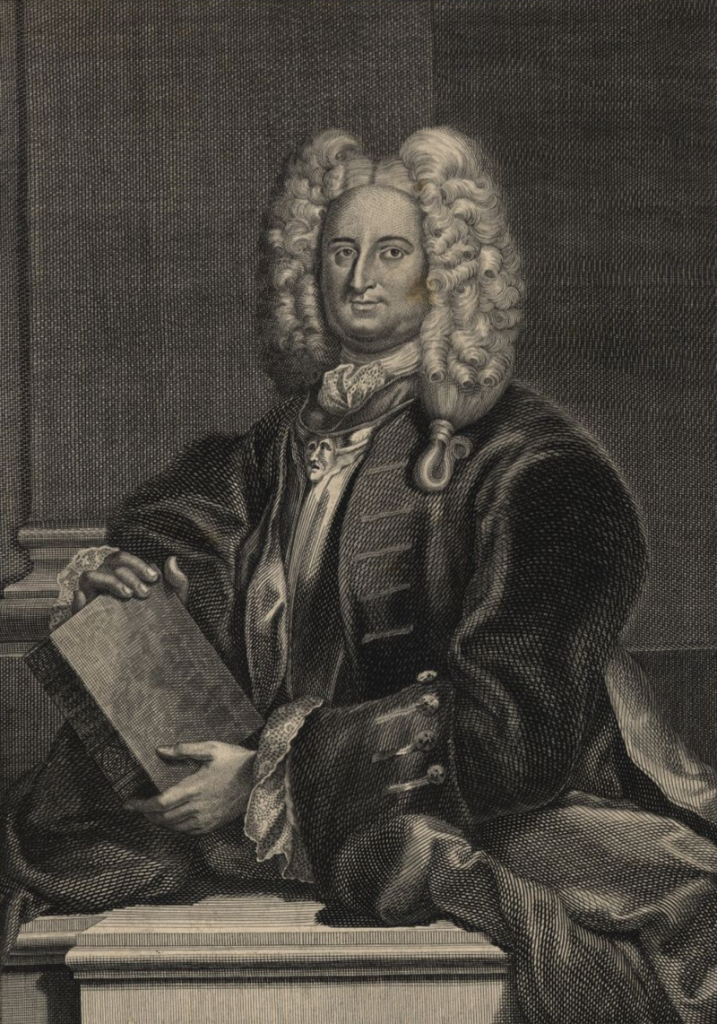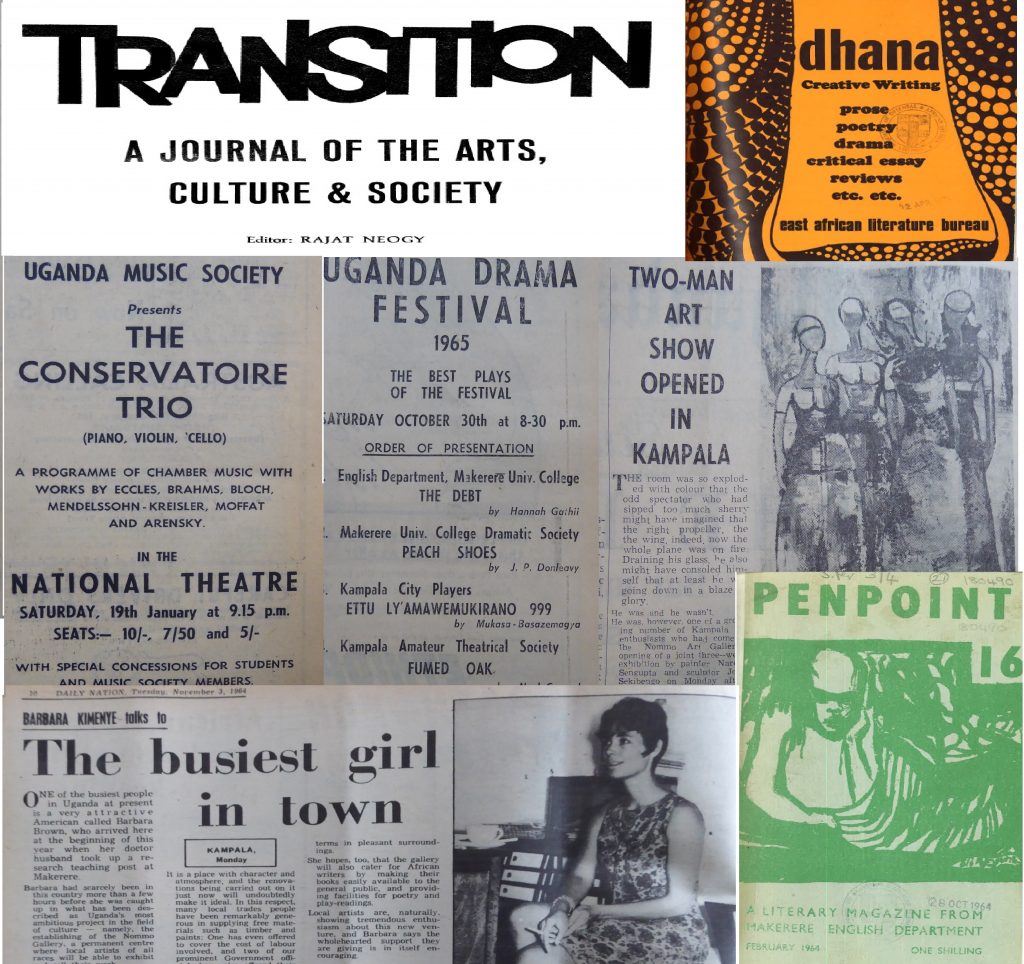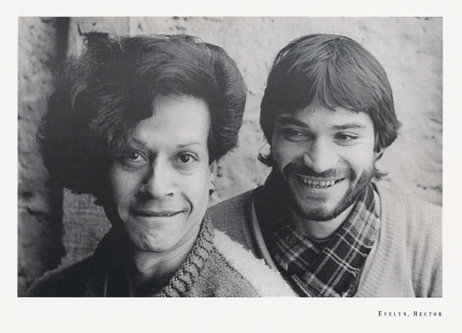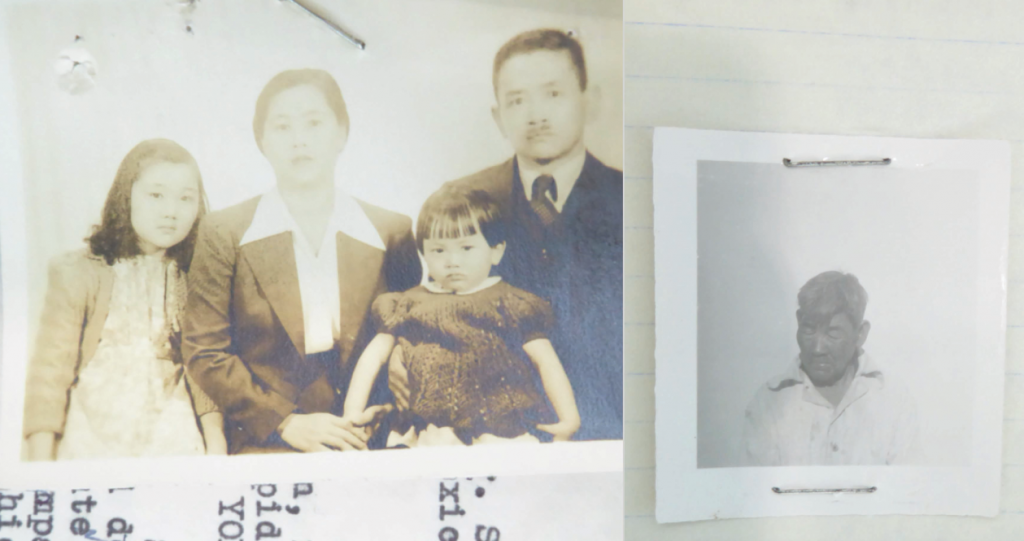By Pelayo Fernández García. Don Álvaro de Navia Osorio, third Marquis of Santa Cruz de Marcenado was born in Puerto de Vega (Asturias, Spain) on December 19, 1684. [1] His family influences allowed him to become maestre de campo (later colonel) of the Principality of Asturias’ tercio (later regiment), shortly before the beginning of the […]
By Anna Adima. Asian-Ugandan-hosted literary salon; South African-owned nightclub; glittering social scene – for Uganda’s multiracial elite in the 1960s, Kampala offered ample opportunities for socialising and entertainment. Unlike Nairobi, the capital city of neighbouring Kenya where Britain had established a settler colony and an accompanying apartheid system, Kampala was touted as a liberal city […]
By Anna Nicol. Art frequently operates as a “vehicle of memory”, adding tangibility to past events. Sociologist Elizabeth Jelin coined the phrase to refer to how cultural products connect ‘individual subjectivities, societal or collective belonging, and the embodiment of the past.’[1] Artistic mediums are particularly innovative at creating space for counter-memories and marginalised narratives under […]
By Jessica A. Fernández de Lara Harada Mexico and Japan share histories of empire and colonisation. Formerly known as New Spain, Mexico was colonised by Spain from 1521 to 1821 and, after independence, the US occupied half of its territory and gradually increased its economic and military influence. Following 250 years of self-isolation, in 1854 […]



